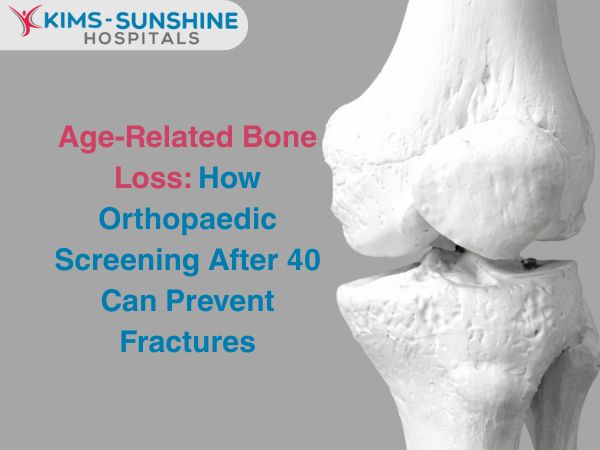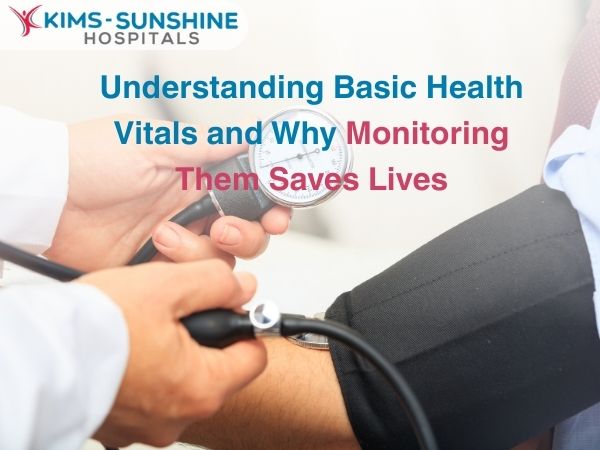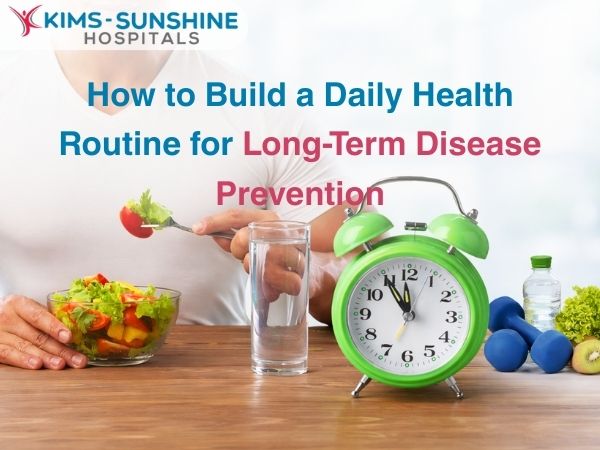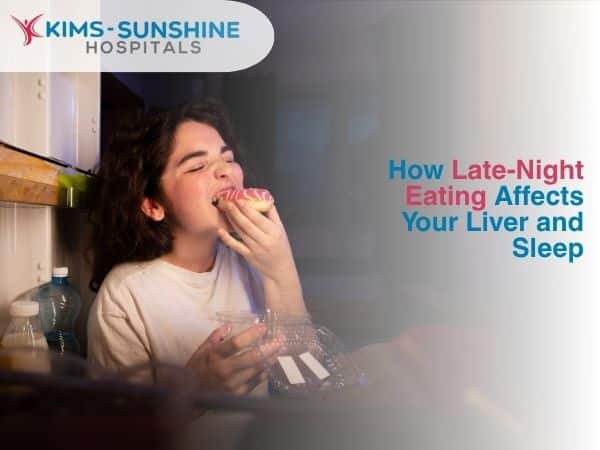
How Late-Night Eating Affects Your Liver and Sleep
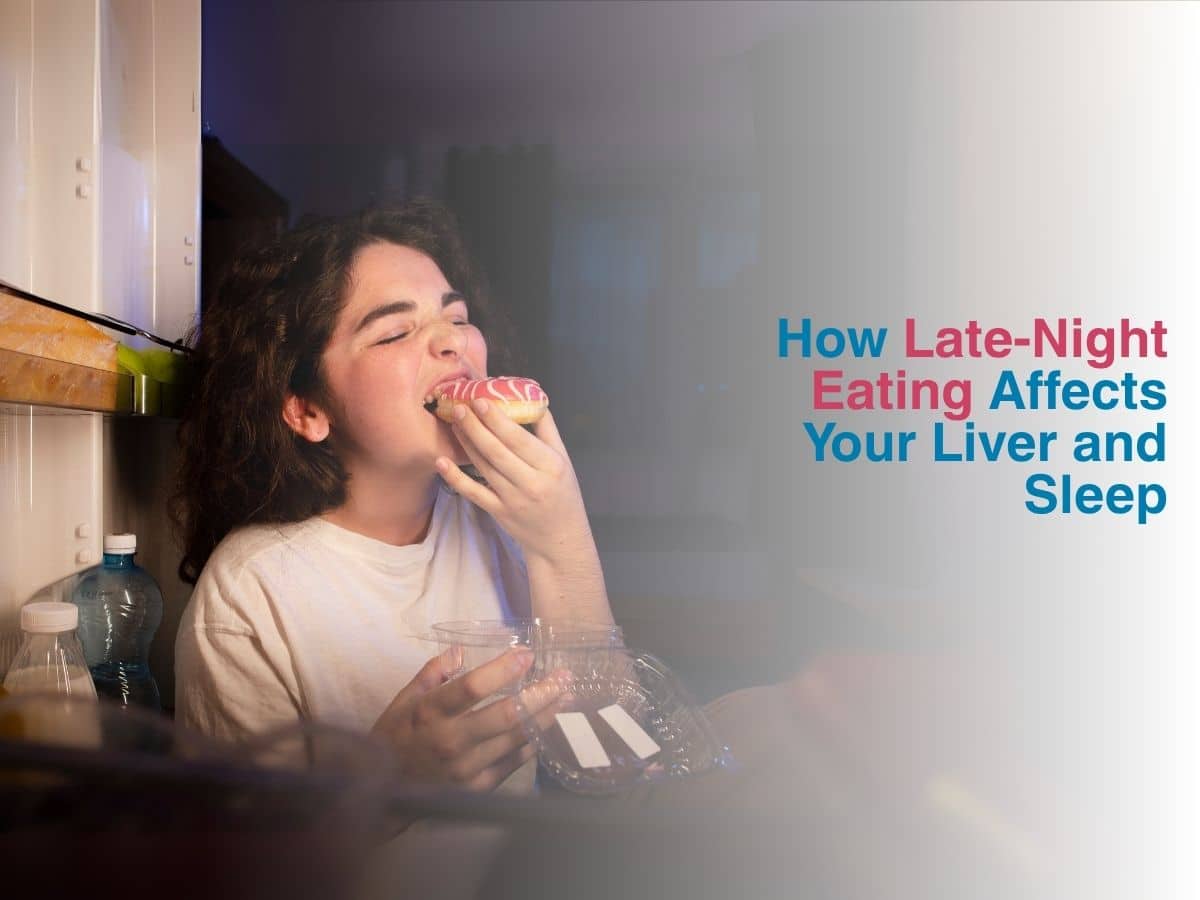 The liver is a very active organ and works tirelessly all through life, to help you process all sorts of substances that may be ingested- in the form of food, drugs, liquids and any other edible items that may make their way into the system. Fat metabolism is a very important component in this universe and the liver helps break down fats by secreting different kinds of enzymes in the digestive juices. What you eat is crucial but when you eat matters a lot too. This is because your body follows a circadian rhythm and has an in-built clock mechanism, where eating too late means different fat processing pathways begin to work, or rather dysfunction. The impact is acutely felt in the hunger-processing centres of the brain – as the hormones leptin and ghrelin are not produced normally. These hormones help regulate appetite and satiety after a meal. If they are not produced in the right quantities, you eat too much and still don’t feel full, leading to you overeating- causing a cascade of metabolic issues- like higher cholesterol, blood glucose and fat deposition in the body.
The liver is a very active organ and works tirelessly all through life, to help you process all sorts of substances that may be ingested- in the form of food, drugs, liquids and any other edible items that may make their way into the system. Fat metabolism is a very important component in this universe and the liver helps break down fats by secreting different kinds of enzymes in the digestive juices. What you eat is crucial but when you eat matters a lot too. This is because your body follows a circadian rhythm and has an in-built clock mechanism, where eating too late means different fat processing pathways begin to work, or rather dysfunction. The impact is acutely felt in the hunger-processing centres of the brain – as the hormones leptin and ghrelin are not produced normally. These hormones help regulate appetite and satiety after a meal. If they are not produced in the right quantities, you eat too much and still don’t feel full, leading to you overeating- causing a cascade of metabolic issues- like higher cholesterol, blood glucose and fat deposition in the body.
How Late-Night Meals Impact Sleep Quality And Digestion-
Some people believe in eating a snack right before bed while others shun that idea totally. This is no one-size-fits-all suggestion and is highly dependent on one’s metabolism and though we think sleeping means we will just be lying on a bed, inactive, our organs are still hyperactive and working as well as during the day. Some of them may work more during the night too. The answer lies on what kind of food it is and how late it is during the day. Metabolism is slightly slower at night and this has led many people to believe that it can cause increased fat deposition. There is a greater risk of reflux too, if the meal is a spicy or oily one. This can lead to indigestion and bloating related issues too.
Best Time To Stop Eating At Night For Better Sleep-
The best tip in this regard is a well known one- eat 3-4 hours before you go to bed. But, if you have no other option but to eat late, then sit straight for about an hour after you eat, so that digestion is easier to deal with. A recent study has shown that people who ate later at night had issues with ghrelin and leptin secretion in the body. This affected the liver too and caused a higher risk of them developing Non-alcoholic fatty liver disease (where the fat deposition exceeds 10% of the weight of the liver, then it is a problem.
Foods To Avoid Before Bed To Protect Liver And Sleep-
The most well known pointers include- NOT eating very spicy or greasy foods, not eating lots of food and not going straight to bed after eating a heavy meal respectively. If you eat 3-4 hours before bed time, then you will still feel satisfied but won’t be too hungry that you will need another meal. But, this does not work for everyone. So, iot makes sense to continue with what has been working for you all these days- for some people, this may be in the form of smaller meals every few hours in the day, while others may prefer to eat 3 meals in the day.
Tips To Reduce Late-Night Cravings And Improve Liver Health-
Eating enough protein during the day can prevent blood glucose spikes and subsequent crashes, leading to cravings in this case. You can also eat smaller meals and space them through the day if that is more convenient for you. Drinking plenty of water is very important for liver function. Finally, you should aim to get some form of exercise regularly- around 3 hours in a week or so should hence be good.
Conclusion
Properly planned studies in labs have been recently conducted, where one group of healthy volunteers would eat dinner early, while the other group would eat 4 hours later than group 1. These people were then studied closely- with respect to hunger pangs, blood glucose levels, cholesterol levels etc. and these were monitored with simple blood tests, which were done at different time points in a day. The scientists also made sure to account for changes in hormone levels, amount of light people were exposed to in a day, posture, amount of sleep and basal metabolic rate, among other components. One key finding was the major decrease in leptin- which meant that even when they ate normally, they were still feeling hungry and wanted more food. Though all of us are not going to strictly try to control all these variables, a healthy but decent conclusion would be to avoid eating very late at night, often.


